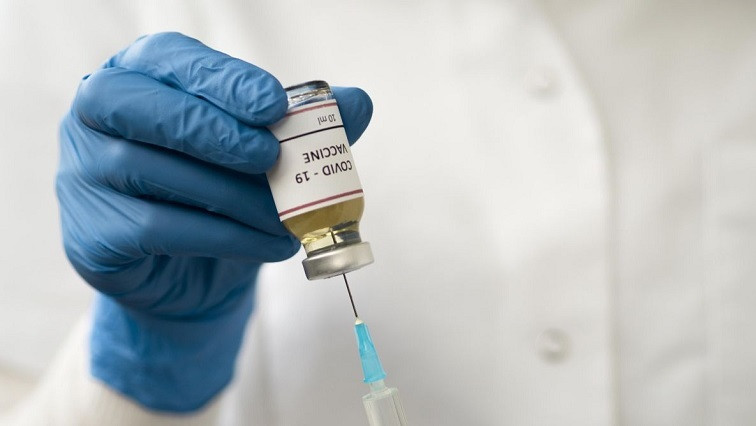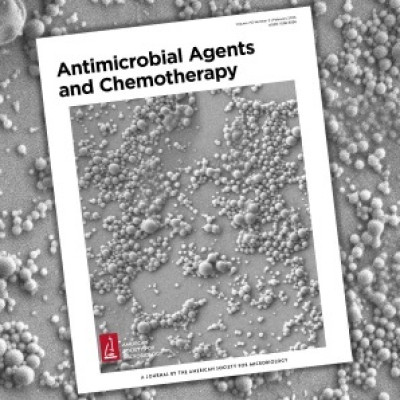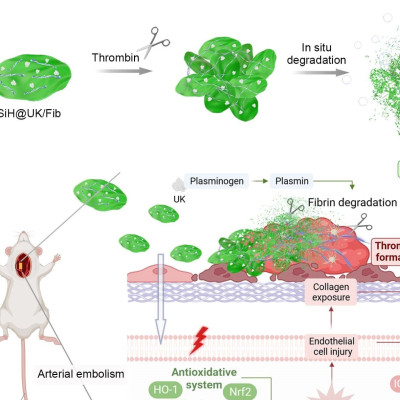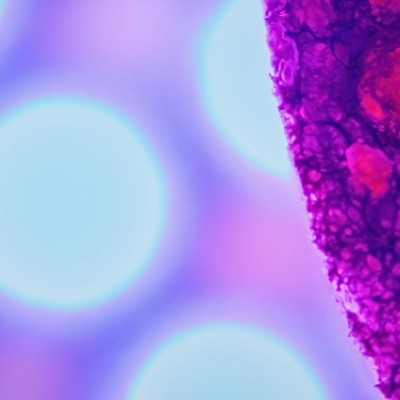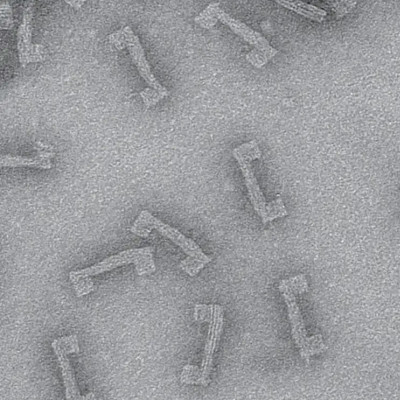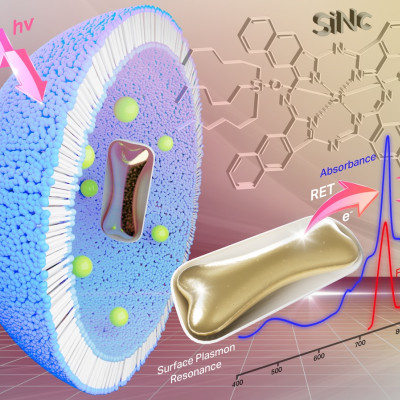Shenzhen Kangtai is one of the top Chinese vaccine manufacturers. Under the agreement, Shenzhen Kangtai will ensure annual production capacity of at least 100 million doses of AZD1222, the experimental COVID-19 vaccine, by the end of this year. Shenzhen Kangtai has capacity to manufacture at least 200 million by the end of next year as part of the deal. They will also discuss the possibility of cooperating on the vaccine candidate in other markets.
So far, AstraZeneca has signed manufacturing agreements for the vaccine with the U.S., Britain, South Kora and Brazil. These deals are for production of more than 2 billion doses of the vaccine.
Several Chinese companies are advancing their own COVID-19 vaccine candidates, including Beijing-based Sinovac Biotech, which announced positive early results from a Phase I/II trial of CoronaVac on June 15. Another is Tianjin, China-based CanSino Biologics, which in late May signed a co-development deal with Vancouver, British Columbia’s Precision NanoSystems (PNI) for an mRNA lipid nanoparticle vaccine against COVID-19. CanSino Biologics, along with China’s military research unit, also reported positive early data on its Phase II trial of the vaccine, Ad5-nCOV, in late July.
Other Western vaccine makers have also entered deals with Chinese companies for their COVID-19 vaccines. These include Germany’s BioNTech, which partnered with China’s Fosun, and Inovio Pharma signed a deal with Beijing Advaccine Biotechnology.
Reuters noted that Shenzhen Kangtai’s market value rocketed almost 90% to $20 billion in the last month, although its stock was actually down 10% today. Last year the company’s net profits were $82.68 million on revenue of $271.6 million. Its primary products are vaccines against Hepatitis B, influenza, measles and rubella.
Outside China, the COVID-19 vaccine programs that appear to be in the lead are Moderna, AstraZeneca and the University of Oxford, and Pfizer and BioNTech. Moderna launched its Phase III trial of its vaccine in 30,000 volunteers this week. The leading U.S. companies are Moderna, Pfizer and Novavax. Yesterday, Novavax, which is headquartered in Gaithersburg, Maryland, announced positive data from Phase I of its Phase I/II trial of its vaccine, NVX-C0V2373.
The U.S. government’s Operation Warp Speed is funding those three companies, as well as AstraZeneca, Johnson & Johnson, Merck, Sanofi, and GlaxoSmithKline. The project’s reported goal is to have 300 million doses of a COVID-19 vaccine available in the U.S. by the beginning of 2021.
Although the speed with which vaccines are being developed and tested, and the financial backing from government, is impressive and creates optimism, numerous scientists have expressed concern that safety and efficacy might be undermined in the rush to get a vaccine approved.
Michael S. Kinch, director of the Centers for Research Innovation in Biotechnology and Drug Discovery at Washington University in St. Louis wrote in STAT News, “A merely short-term effect could encourage vaccinated individuals to resume risky behaviors, which would all but guarantee that the epidemic endures.”
This is echoed by Maria Elena Bottazzi, associate dean of the National School of Tropical Medicine at Baylor College of Medicine, who told Business Insider, “They automatically are going to say, ‘Oh great, I’m just going to get my little vaccine, and I can go back and do exactly the things I was doing last year.’ That is absolutely not true.”
There is also more than a little concern that with the U.S. election on November 3, regulators will be pressured to approve a vaccine before, whether there’s enough data or not. And at this time, it seems unlikely that there will be enough data or that any of the Phase III trials will be completed.
“What we have right now is a collection of animal data, immune response data and safety data based on early trials and from similar vaccines for other diseases,” Natalie Dean, assistant professor of biostatistics at the University of Florida, wrote in The New York Times. “The evidence that would convince me to get a COVID-19 vaccine, or to recommend that my loved ones get vaccinated, does not yet exist.”
Read the original article on BioSpace.

